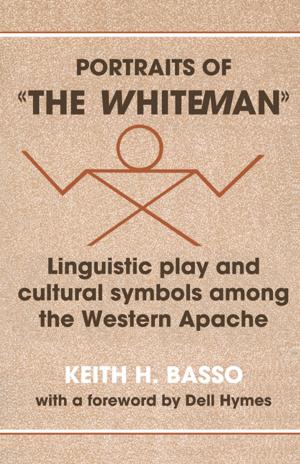Comparison in Anthropology
The Impossible Method
Nonfiction, Social & Cultural Studies, Social Science, Anthropology| Author: | Matei Candea | ISBN: | 9781316999554 |
| Publisher: | Cambridge University Press | Publication: | November 15, 2018 |
| Imprint: | Cambridge University Press | Language: | English |
| Author: | Matei Candea |
| ISBN: | 9781316999554 |
| Publisher: | Cambridge University Press |
| Publication: | November 15, 2018 |
| Imprint: | Cambridge University Press |
| Language: | English |
Why and how do social and cultural anthropologists make comparisons? What problems do they encounter in doing so, and how might these be resolved? What, if anything, makes one comparison better than another? This book answers these questions by exploring the many ways in which, from the nineteenth century to the present day, comparative methods have been conceptualised and re-invented, praised and rejected, multiplied and unified. Anthropologists today use comparisons to describe and to explain, to generalise and to challenge generalisations, to critique and to create new concepts. In this multiplicity of often contradictory aims lie both the key challenge of anthropological comparison, and also its key strength. Matei Candea maps a path through that entangled conversation, providing a ground-up re-assessment of the key conceptual issues at the heart of any form of anthropological comparison, whilst creating a bold charter for reconsidering the value of comparison in anthropology and beyond.
Why and how do social and cultural anthropologists make comparisons? What problems do they encounter in doing so, and how might these be resolved? What, if anything, makes one comparison better than another? This book answers these questions by exploring the many ways in which, from the nineteenth century to the present day, comparative methods have been conceptualised and re-invented, praised and rejected, multiplied and unified. Anthropologists today use comparisons to describe and to explain, to generalise and to challenge generalisations, to critique and to create new concepts. In this multiplicity of often contradictory aims lie both the key challenge of anthropological comparison, and also its key strength. Matei Candea maps a path through that entangled conversation, providing a ground-up re-assessment of the key conceptual issues at the heart of any form of anthropological comparison, whilst creating a bold charter for reconsidering the value of comparison in anthropology and beyond.















